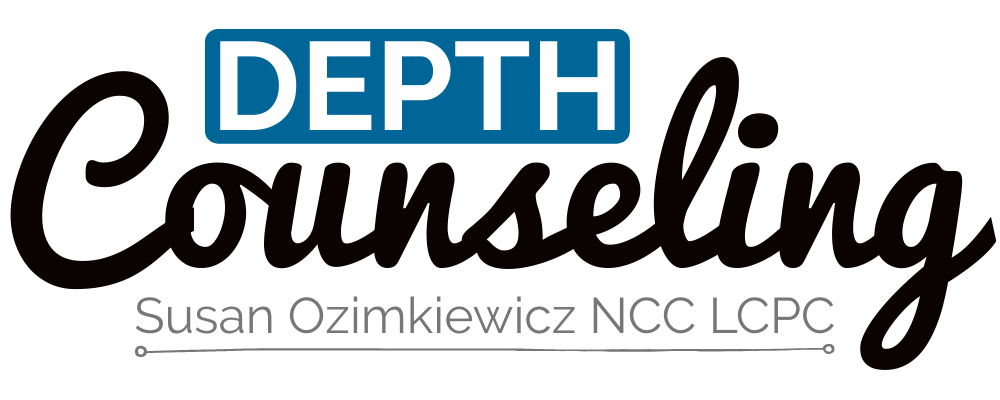This Wintry Time of Year

January became the first month of the year about 700BC after the Roman King Pompilius added it to the calendar along with February. Janus is the ancient Roman god of beginnings and endings plus he is the god of gateways, gates, door and doorways. He had two faces one looking back and the other forward. As the opening line in T.S. Eliot’s East Coker said, “In my beginning is my end,” and in the closing line “In my end is my beginning” (1942).
January ends the past and sets up the future; winter is the season when the world slows down. As snow falls and covers parts of the earth as an insulating blanket one knows it is winter time. People pull back their energy and hibernate too by the fireplace or under their soft and cozy covers. They might reflect on what was accomplished in the last year and formulate new ideas as seeds to plant for the coming year. Life seems to stand still. The vibrant energies of nature such as growth, vitality, expansion, and progress seem to disappear underground and stop dead in their tracks. The instincts and senses appear to withdraw from worldly distractions and stimulating diversions while a discontent can set in.
For some it can be the winter of their discontent. Originally the first line of William Shakespeare's Richard lll was "The winter of our discontent." The interruption of the life force produces decay and a dark stillness possibly a dark night of the soul. Wintertime can contain contraction, restriction, perhaps decay. The beginning of the coming year might be characterized by a bone chilling coldness, a misery to be endured, and barrenness due to death of a way of living.
"Write the vision and make it plain..." Habakkuk 2:2
During this seemingly slow passing of time some people will write down a list of resolutions, as they create a set of goals to commence implementing as the year begins, their hope is to harvest their ideas and visions through coming year.
January is burdened with all our hopes that are pinned on those first 31 days. We cram a laundry list of goals into one month and try to make them all happen at breakneck speed. Inevitably, by February we are burnt out, and by the summer, our declared resolutions are long forgotten.
A personal inventory and reflection on the mistakes and mishaps of the past year is a good place to start when there is a desire for the new. What do you want to see change? Be specific. Where could you have done better? No need to be down on yourself. Just take a look at the areas that are considered your weak points or disappointments from the last year and create a plan and vision for this coming year.
Let's give January a break? If your goals are worth attaining, they will take time - much more than a mere month can offer. Plus the effort and energy it will take to accomplish those goals are too much to do all at once. Space them out. Some resolutions and personal goals can't be worked on immediately. Give your New Year's resolutions some breathing room. You've laid the ground work to achieving your dreams, and you can take the next year to perfect them. Learn from the previous year's mistakes and grow. Every year is another chance to do it. C.S. Lewis said, "You are never too old to set another goal or to dream a new dream."
Here is an excerpt from Alfred, Lord Tennyson’s poem: In Memoriam, {Ring out, wild bells}
Ring out, wild bells, to the wild sky,
The flying cloud, the frosty light:
The year is dying in the night;
Ring out, wild bells, and let him die.
Ring out the old, ring in the new,
Ring, happy bells, across the snow:
The year is going, let him go;
Ring out the false, ring in the true.
Ring out the grief that saps the mind
For those that here we see no more;
Ring out the feud of rich and poor,
Ring in redress to all mankind.
Wishing everyone a joy filled 2024!







